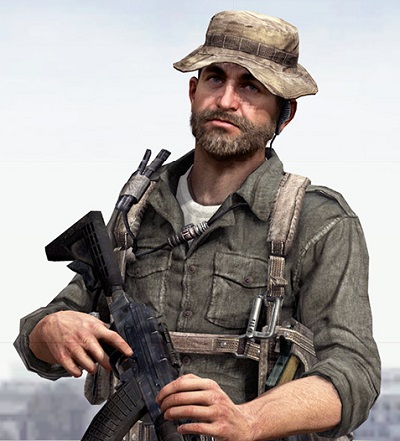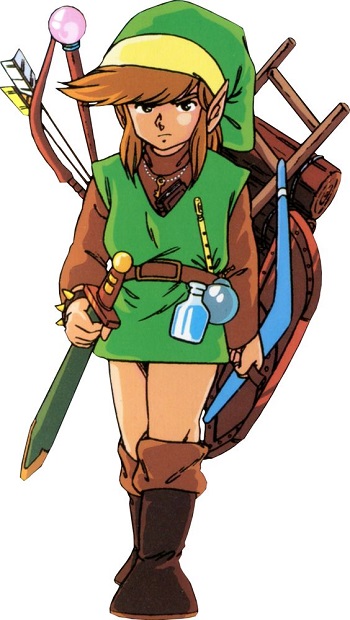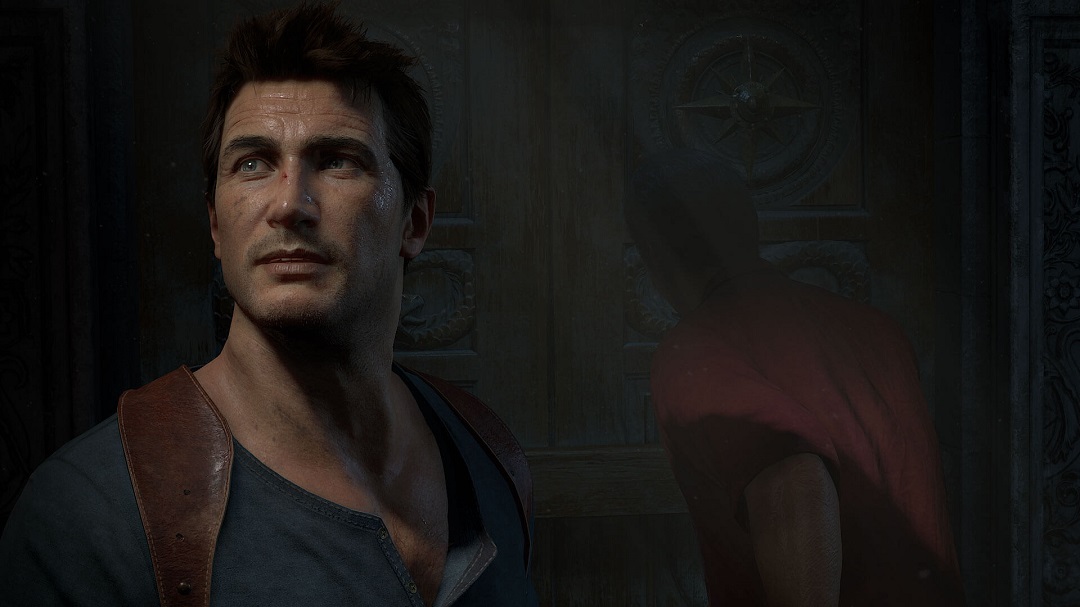In Video Games Have A Storytelling Problem, Not Just A Female Body Type Problem, Forbes' Erik Kain writes:
There isn't much difference between this year's Call of Duty hero and Nathan Drake or whichever generic, brown-haired, stubbly dude is holding a gun/sword/etc.
Many have made this observation, and Kain's argument is that since video games have shallow stories, it should logically follow that the majority of characters have generic features. Typically the most popular video game releases in the past decade, and perhaps further, have a white male a cliché action hero body type -- and this is good for the gamer because it allows the player easier access to the immersive experience.
The belief that games need more diverse characters assumes the premise that video games exist independent of the person holding the controller -- misunderstanding the nature of video games as a whole. A vanilla character can be projected upon by the gamer in a Rorschach like experience where the player's subtle personality traits invest them deeper into the game. The main character of a video game is not the generic action hero of Gears of War or Just Cause, but rather the person holding the controller.

The excitement of remaining undetected while an opposing military convoy moves past in Modern Warfare's "All Ghilled Up" happens because the player has projected himself in the situation, not because we have a direct concern for Lt. John Price -- another nonspecific protagonist.
The player needs Price to lack identity for this scene to work effectively. Unlike a movie where strong characters are needed to compensate because the viewer has no agency in the action, a video game must find the surest way to immerse the player into its world. In the following mission when the player must assassinate Imran Zakhaev with a long-range shot, the satisfaction is felt because the player made the shot, not because we are happy for Price. The more identity Price or any playable character is given, the less the player is allowed to project himself into the game. Gamers don't care if Price survives, they care if they survive within the experience.
So what would it matter if Price were Asian, Latino, African, or an ethnicity other than Caucasian? The developers could have made some physical changes that would not have affected the game play to show they have a more diverse cast.
There is very little reward for a developer to open up a character to the perception of ethnic stereotype. Such a thing limits the player's own creative ability to enter into the virtual world and detracts from the player's ability to project himself into the game's fictive experience while also risking unintentionally offending an ethnic group .
If Max Payne had been had been designed as a African-American character, the pills he takes to heal could be seen as perpetuating a negative stereotype of African-Americans as drug users. Same could be said for Heavy Rain's Norman Jayden. His drug usage leads to a deeply flawed character who would reflect poorly on an ethnic group other than Caucasian.
It reminds me of W.E.B DuBois' idea of double consciousness. An idea that roughly states minorities will be unequal until society is able to view them without stereotype. This may sound like a platitude but it has deeper meaning and can be applied to the function of Caucasian main characters in video games.
The idea is true equality will be reached once a minority character has a flaw, such as a drug addiction, without it reflecting on the character's entire ethnic group. A Caucasian character typically acts independent of such ties so a game like The Last of Us will have its fullest effect by having its primary character being a generic white guy named Joel whose questionable moral choices reflect solely on him and cannot be rationalized down to motivations stereotyped by race or other cultural factors.
Certain games offer ways around this with character creation screens or with characters with ambiguous ethnicities. Until a few years ago I assumed Link from The Legend of Zelda was modeled after a Caucasian.

Yes, he is a fictional race called Hylian -- with elf-like features -- but he certainly looked Caucasian to me. A guy on a message board wrote that he thought Link was Asian because he himself was Asian. Made sense because Link was designed by a Japanese man working for the Japanese company, Nintendo.
Maybe that was the intent -- to create a character who visually could be white, Asian, Latino, or another ethnic group based on the player's biases.
Valve Corporation also does this with two of its main female characters Chell from the Portal Series, and Alyx Vance from Half-Life 2 accomplish this as well.
Kain's premise that shallow storylines in games often lead to archetypal characters often gets overlooked or minimized when arguing for a diversity in gaming. It's hard for the industry to admit that video game plot lines are much less compelling than those of movies, television, or books.
In the middle of a virtual fire fight, games certainly feel just as gripping as an intricate movie with multiple plot points running at once. But once player agency is removed nearly every game fails to tell a story as well as the worst Hollywood schlock.
But that's okay. A good game can offer immersion just as deep as a book or movie because the players imprints themselves into every moment. The more the game allows a player to invest himself, the more engrossing the experience.
The white male action hero trope helps this cause. He's hated for being clichéd, boring, and predictable, but for those reasons he also seeps seamlessly into the background so we can more easily transform ourselves into the main character and submerge deeper into the fictive dream. He might not be diverse, but he allows us a more diverse experience.


